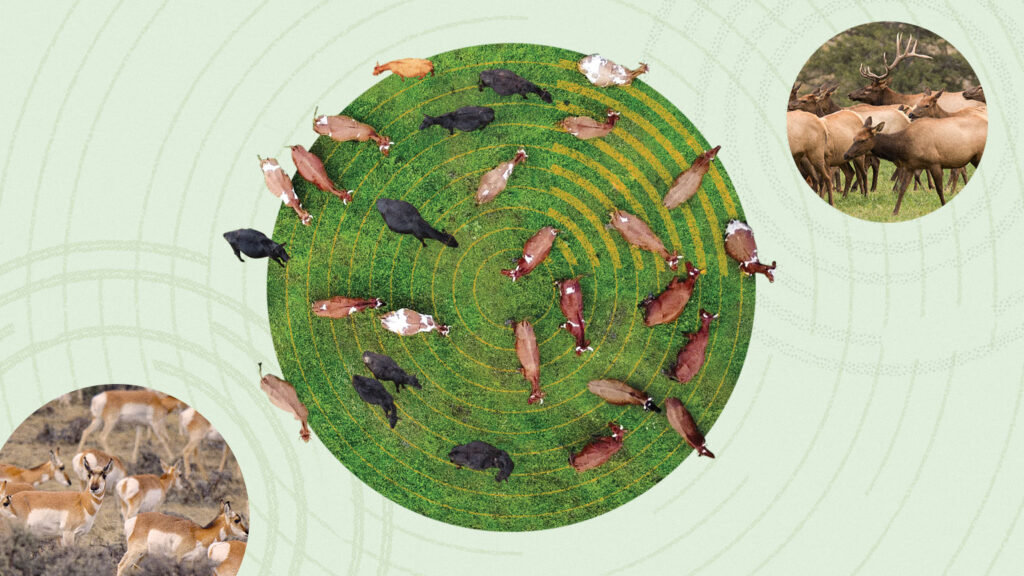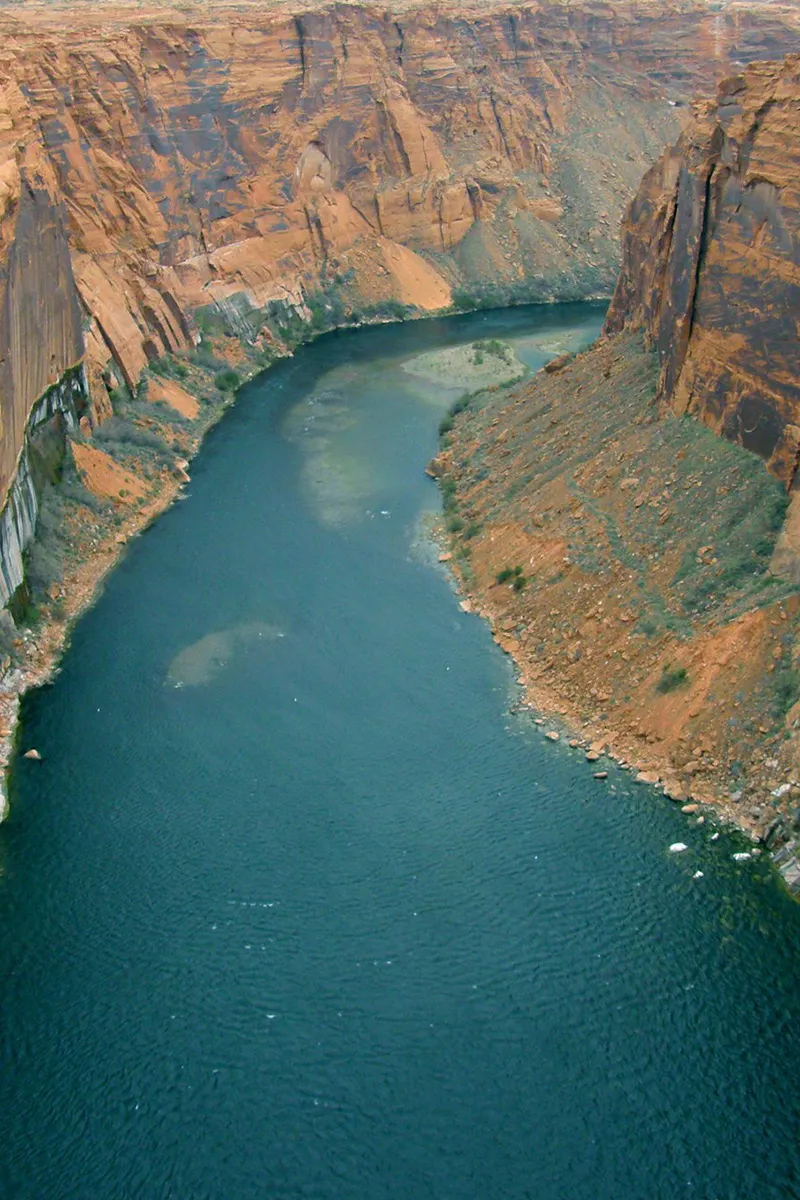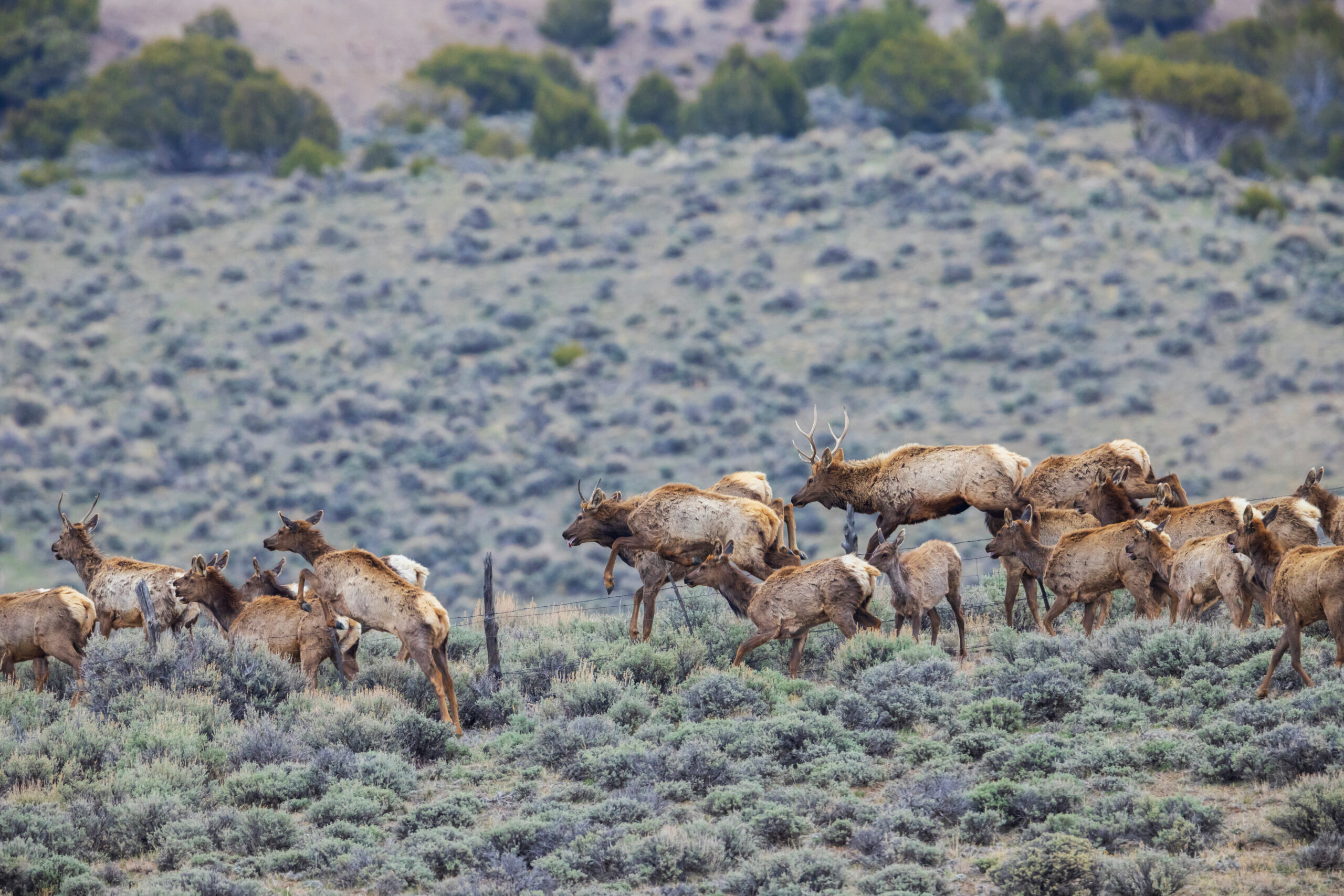The national leader in market solutions for conservation

Because incentives matter for conservation.
The Property and Environment Research Center (PERC) explores how aligning incentives for environmental stewardship produces sustainable outcomes for land, water, and wildlife.
New from perc
Virtual Fencing for Conservation
A roadmap for making rangelands work better for livestock and wildlife
PERC Reports, Winter 2025/26
This special issue contemplates big ideas for the next era of conservation.
Wildlands 2026: Carrie Underwood headlines with LeAnn Rimes, Riley Green and Kaitlin Butts
A Concert for Conservation in the Greater Yellowstone Ecosystem
















